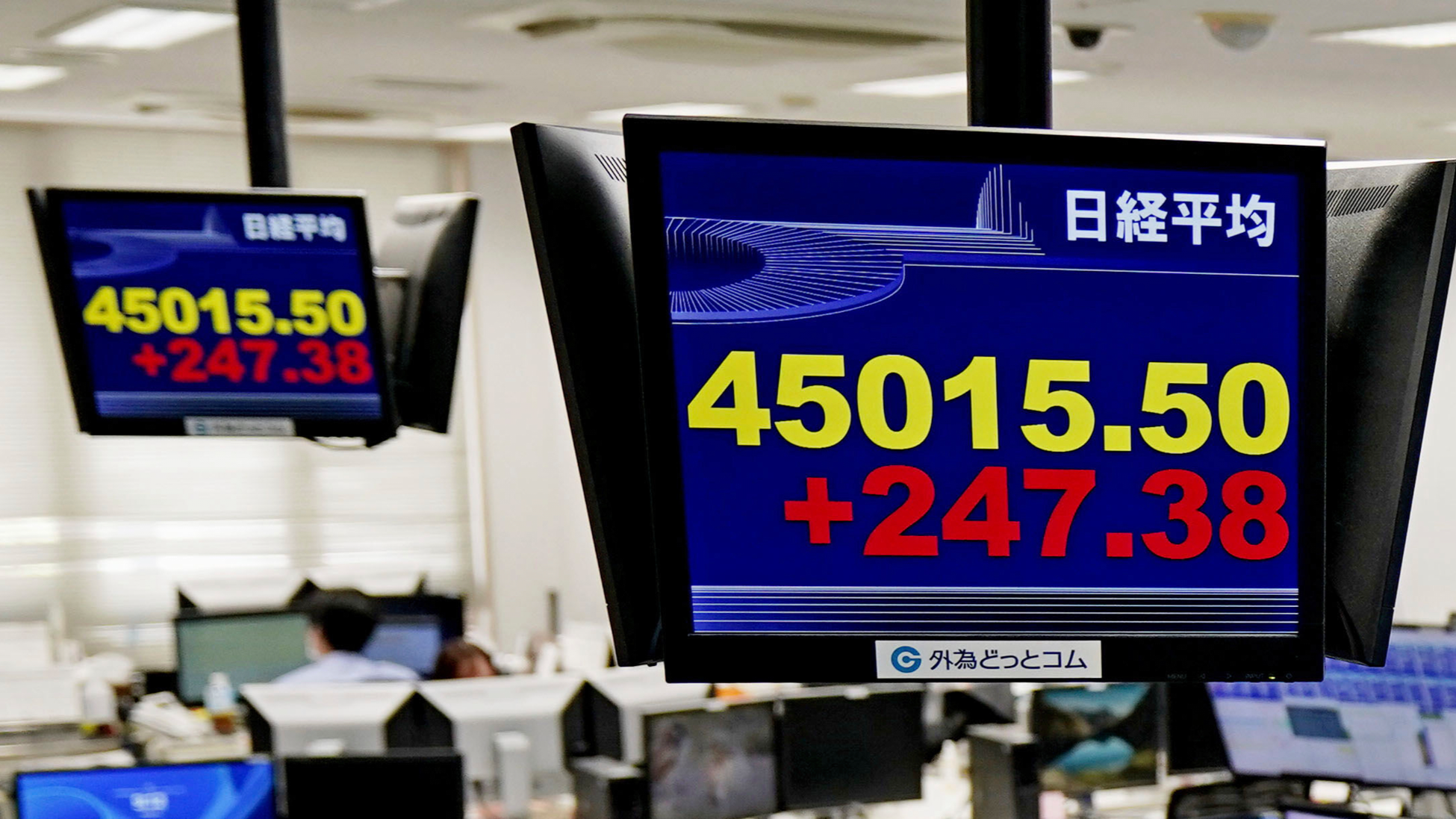
Japan’s stocks dropped after the central bank said that it will begin selling its holdings of exchange-traded funds (ETFs). The yen strengthened and bonds fell as two dissenting voices on the board increased expectations of an interest rate cut next month.
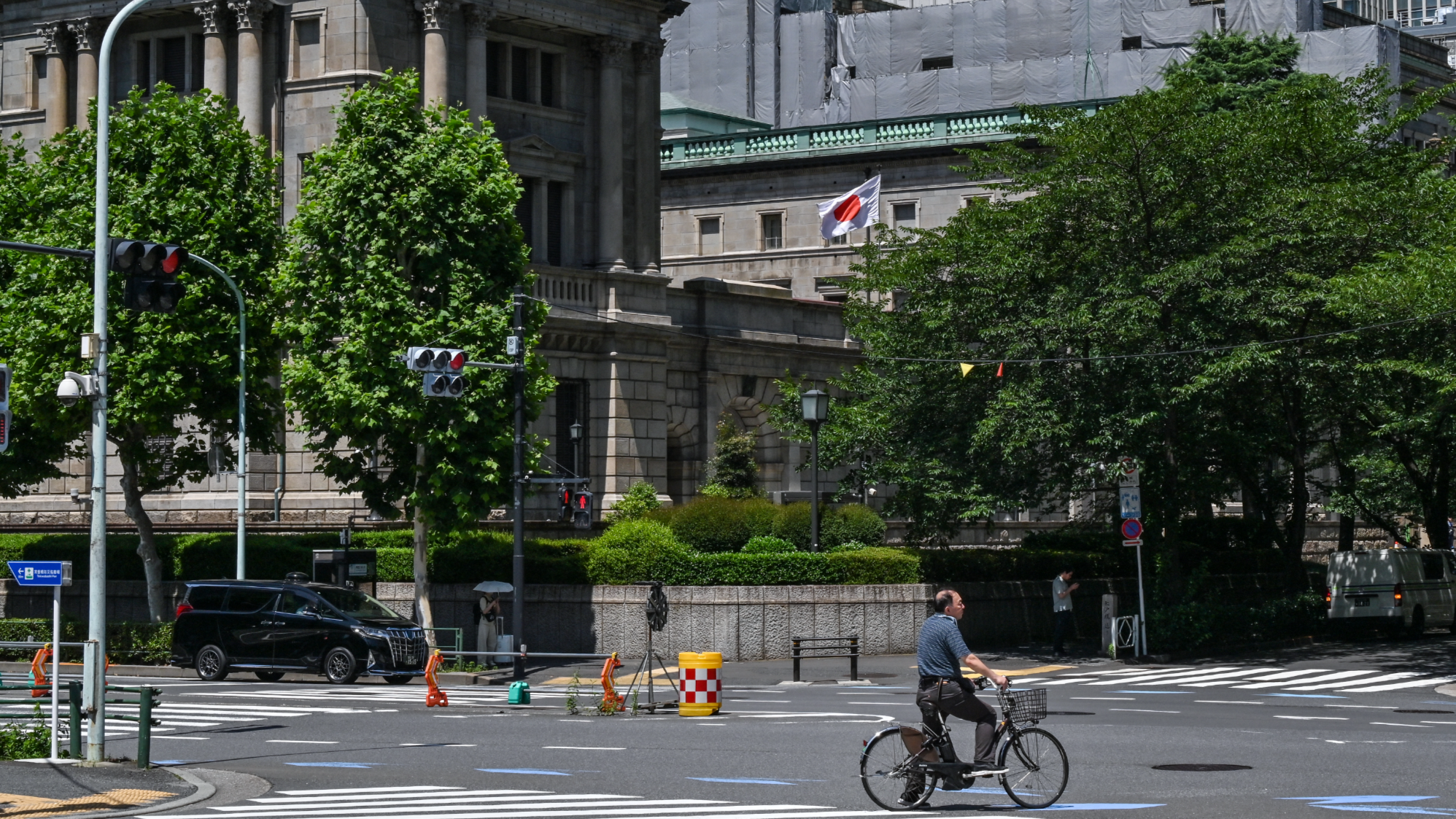
The Nikkei 225 Stock Average fell as much as 1.8 percent, reversing an earlier gain, while the broader Topix dropped as much as 1.1 percent in Tokyo. The Bank of Japan (BoJ) said at the end of a two-day gathering it will sell about ¥620 billion of ETFs per year by market value. It also kept rates steady.
“The announcement of ETF sales led to worsening sentiment, on expectation that selling pressure will rise particularly among large-cap tech stocks where the BoJ holds a high ownership ratio,” said Hiroki Takei, a strategist at Resona Holdings Inc. “In addition, with two policy board members voting against holding rates, speculation about a rate hike has quickly emerged, further weighing on the market.”
READ MORE: Tokyo financial forum lays foundation for economic cooperation
The decision drove the yen up by as much as 0.5 percent to 147.20 against the dollar and lifted the 5-year government bond yield by 4.5 basis points to the highest level since 2008. The 10-year yield also roses 4.5 basis points to 1.640 percent following the announcement.
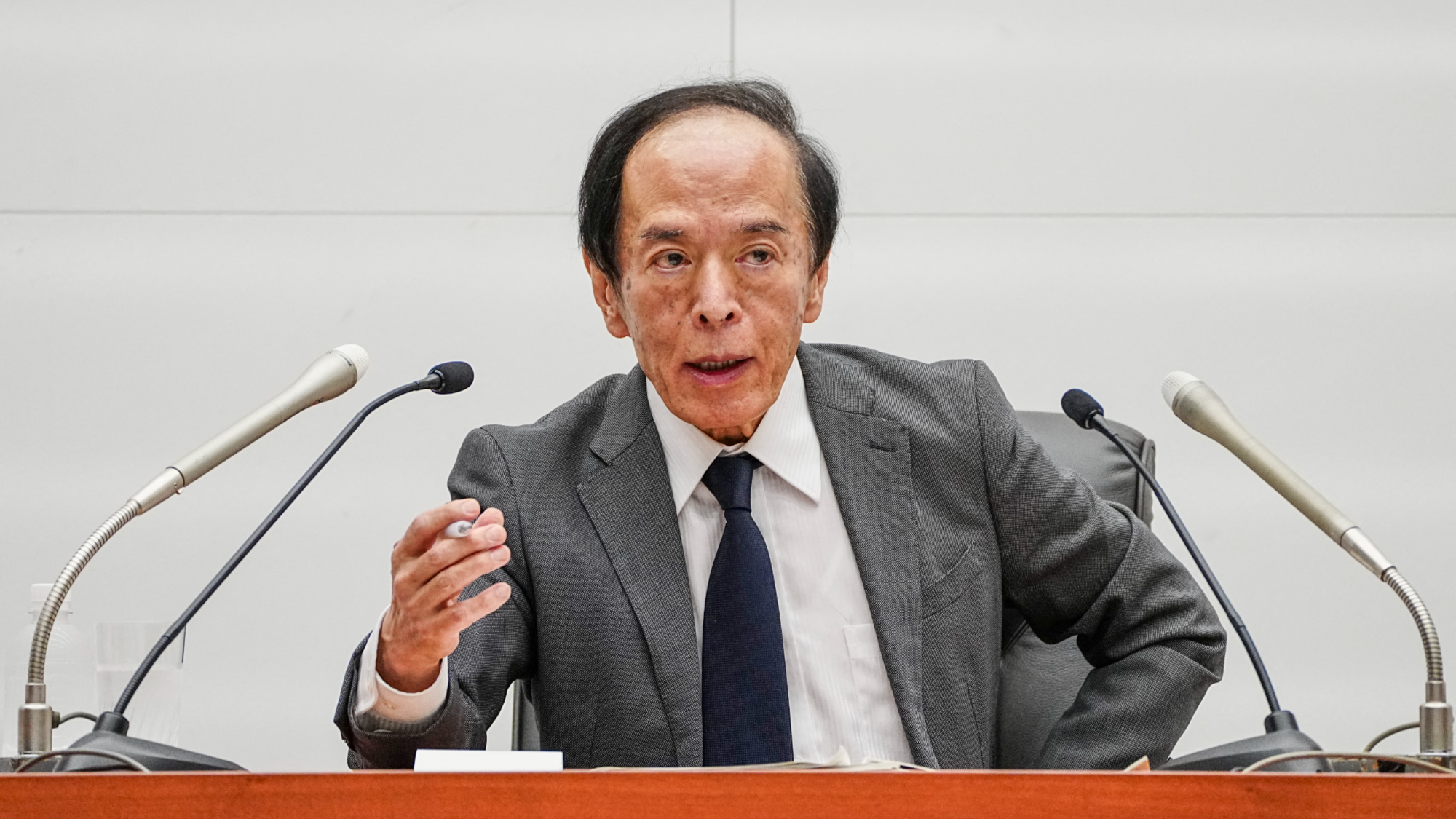
All 50 economists surveyed by Bloomberg expected no change on rates. It was the first time that two board members dissented from holding rates under Governor Kazuo Ueda’s watch.
Investors now turn their attention to Ueda’s press conference in the afternoon for any signals on when authorities might raise rates.
“Hawkish voices on the board are getting louder,” said Charu Chanana, chief investment strategist at Saxo Markets. “If that brings a follow-through in guidance at the press conference, it could be yen-supportive.”
Overnight index swaps show about a 54 percent chance of a rate hike by October, compared with 34 percent on Thursday. Japan’s two-year government bonds fell ahead of the BoJ’s decision, pushing yields to the highest level since 2008, tracking moves in the US.
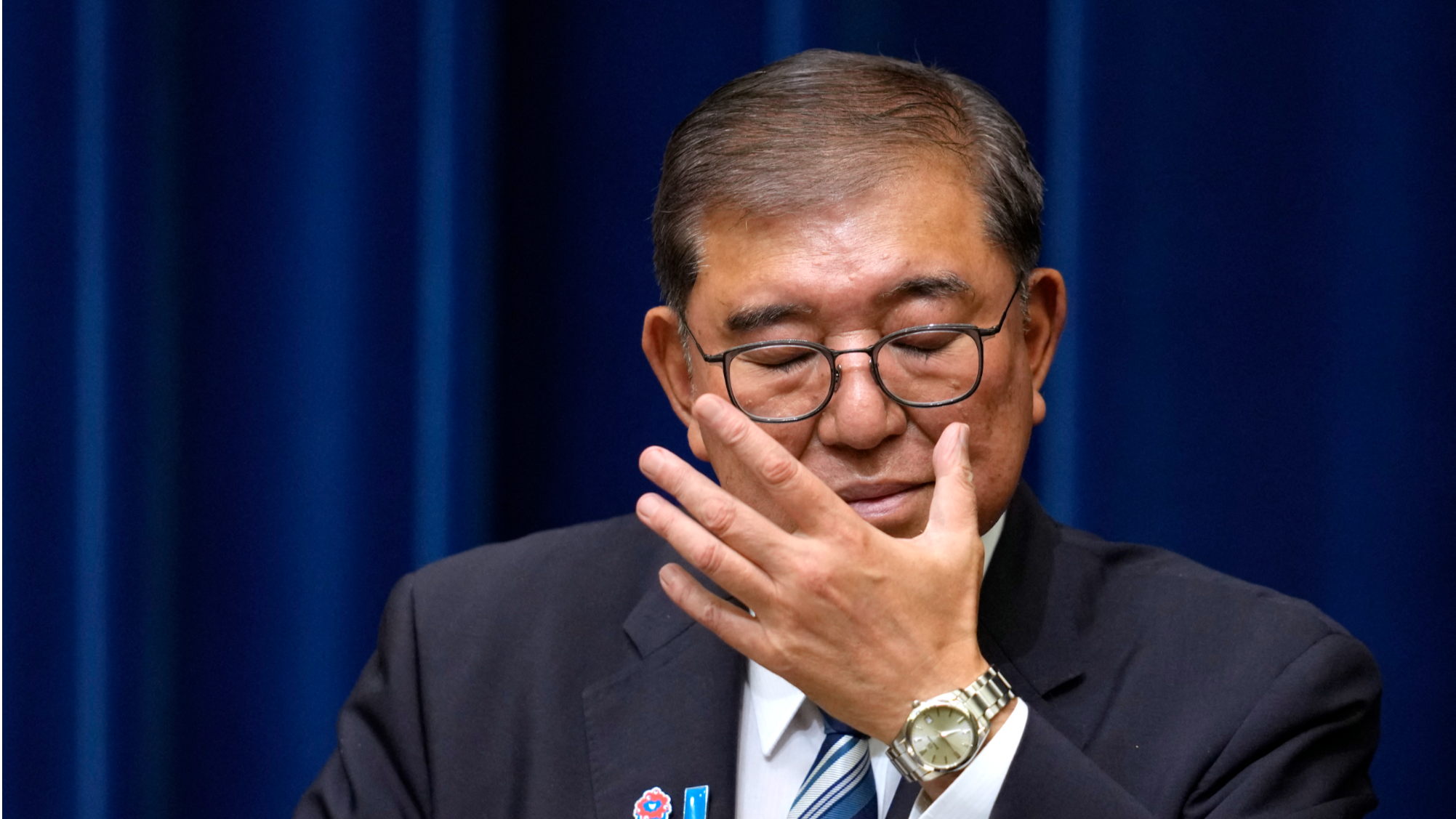
The yen has been under pressure as the BoJ’s rate hike path is complicated by tariffs as well as domestic political uncertainty after Prime Minister Shigeru Ishiba’s recent resignation announcement. Still, BoJ officials are of the view that it may be possible to raise the benchmark interest rate again this year regardless of political instability, as economic conditions have developed in line with expectations, people familiar with the matter told Bloomberg.
Bloomberg strategists say
JGB futures are selling off hard, with 2-year yields climbing, which is a strong signal that traders are pricing in a rate hike for October.
There is a Tankan report to come and an LDP leadership race, but the BoJ members know all that. It now looks like the die is cast, only a big setback on trade with the US is likely to stop a 25-bp rate increase.
READ MORE: Japan opposition party to propose BoJ's ETF dividends for child care
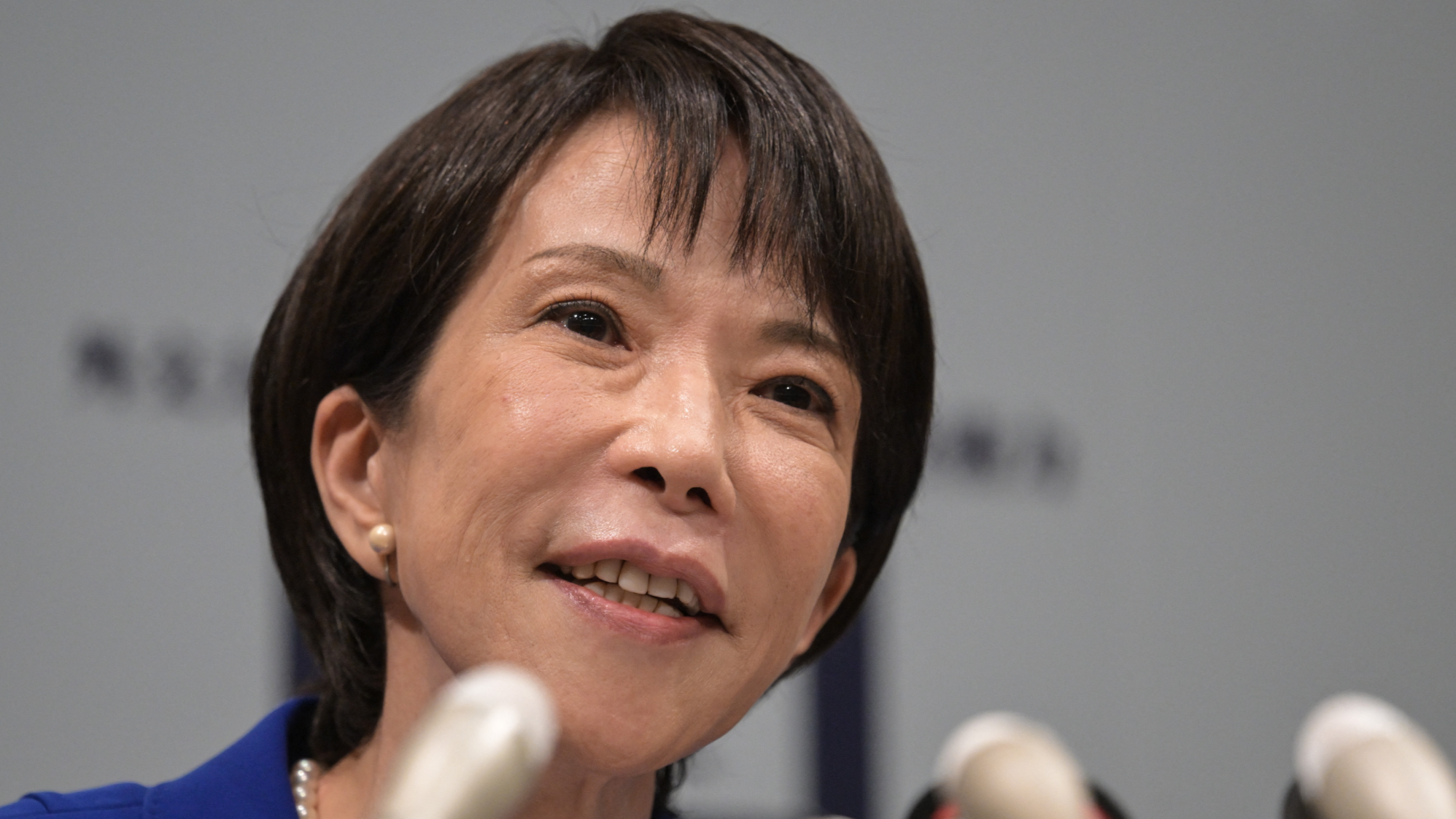
The Liberal Democratic Party (LDP) leadership vote is set to take place on Oct 4, with analysts trying to guess who could succeed Ishiba. One leading contender, Sanae Takaichi, favors stimulus measures and said on Friday she would roll out tax benefits and make cash payouts to households if she wins the party’s leadership election.
Stocks remained down while the yen continued to stay higher against the dollar. The 40-year bond yields declined up to 7.5 basis points to 3.36 percent as Takaichi spoke.
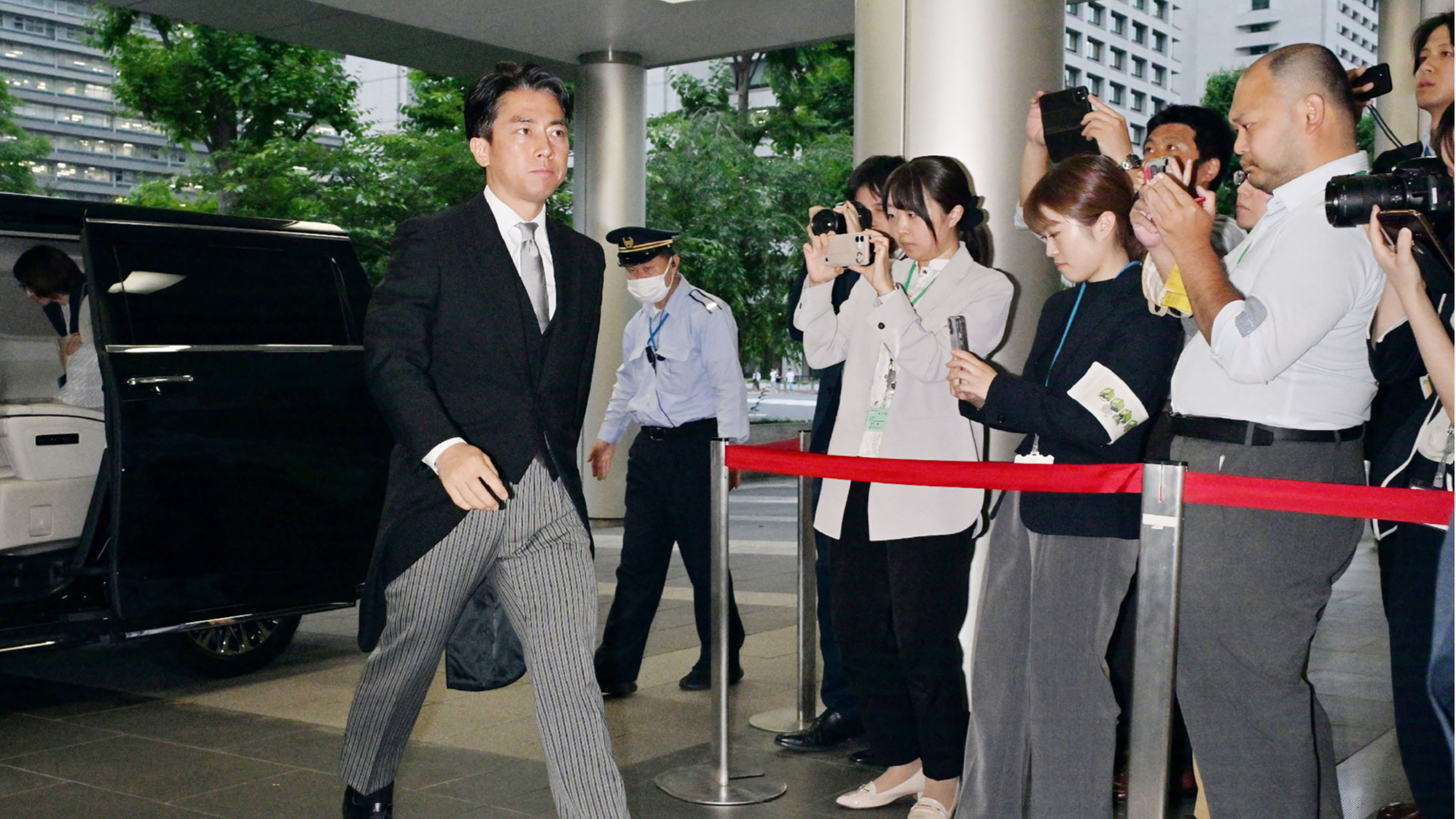
Other candidates will also be presenting their policy goals as the official campaign kickoff starts on Sept 22. Agriculture Minister Shinjiro Koizumi, one of the front-runners in the race alongside Takaichi, and other candidates may continue with the current administration’s views and support raising interest rates.


